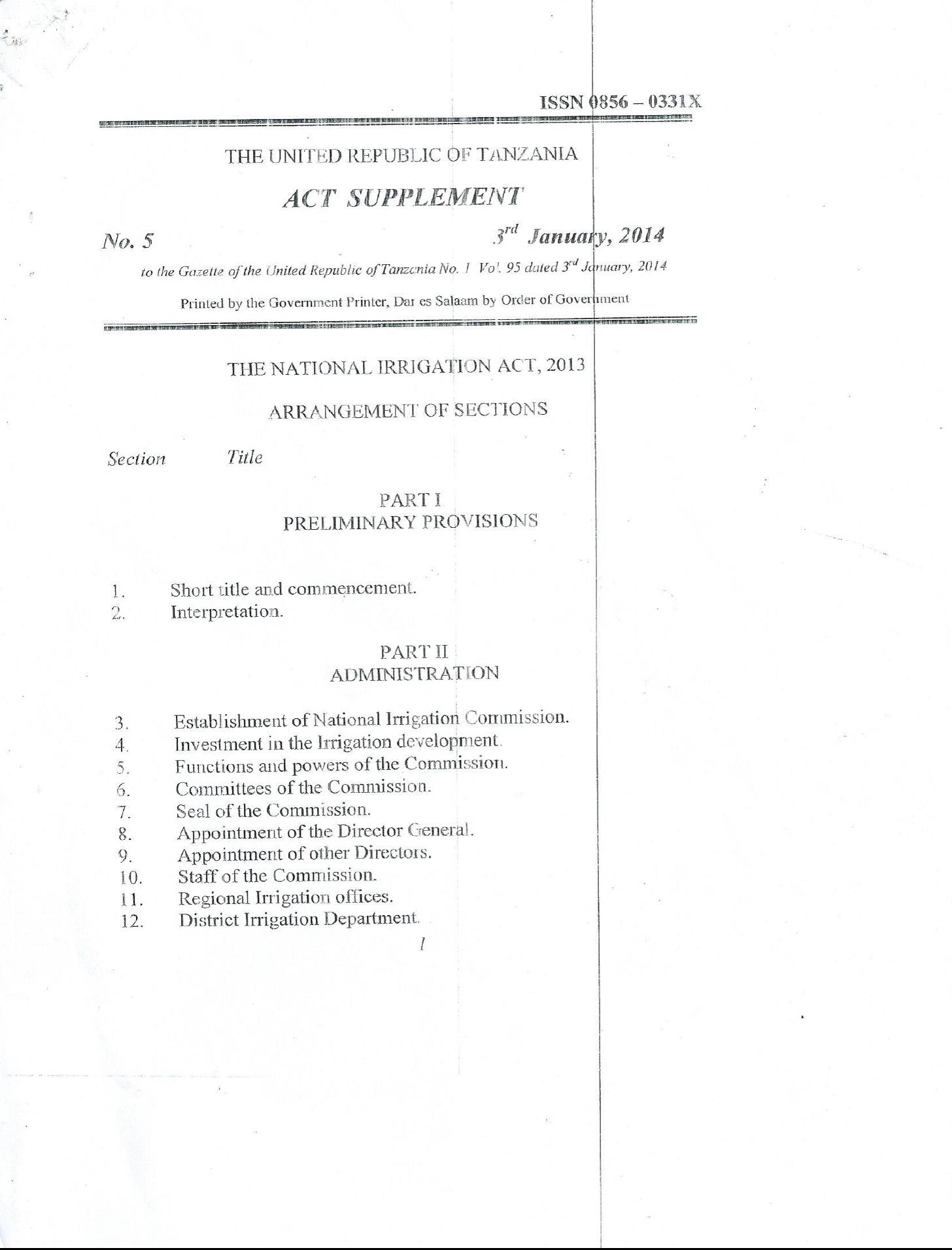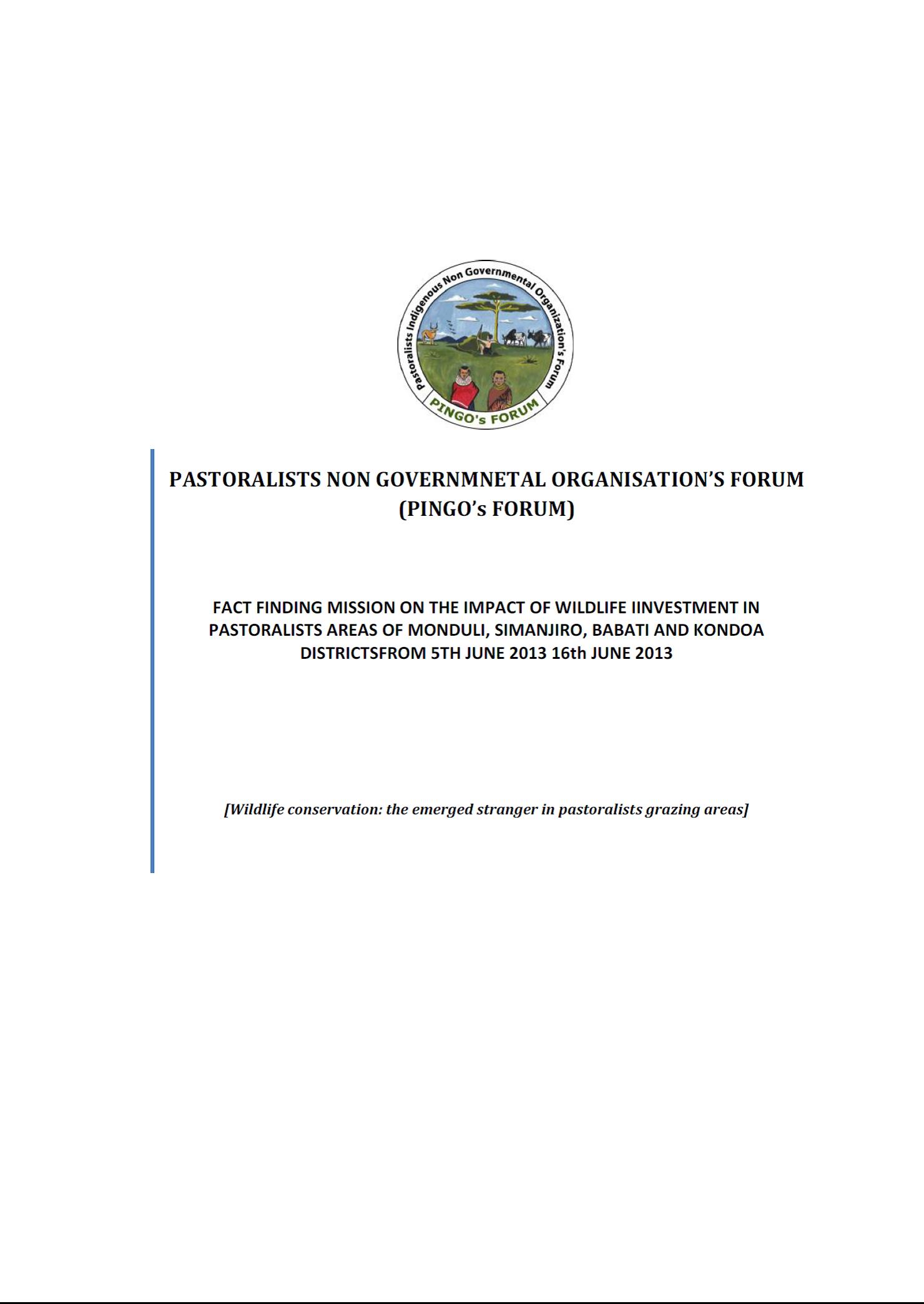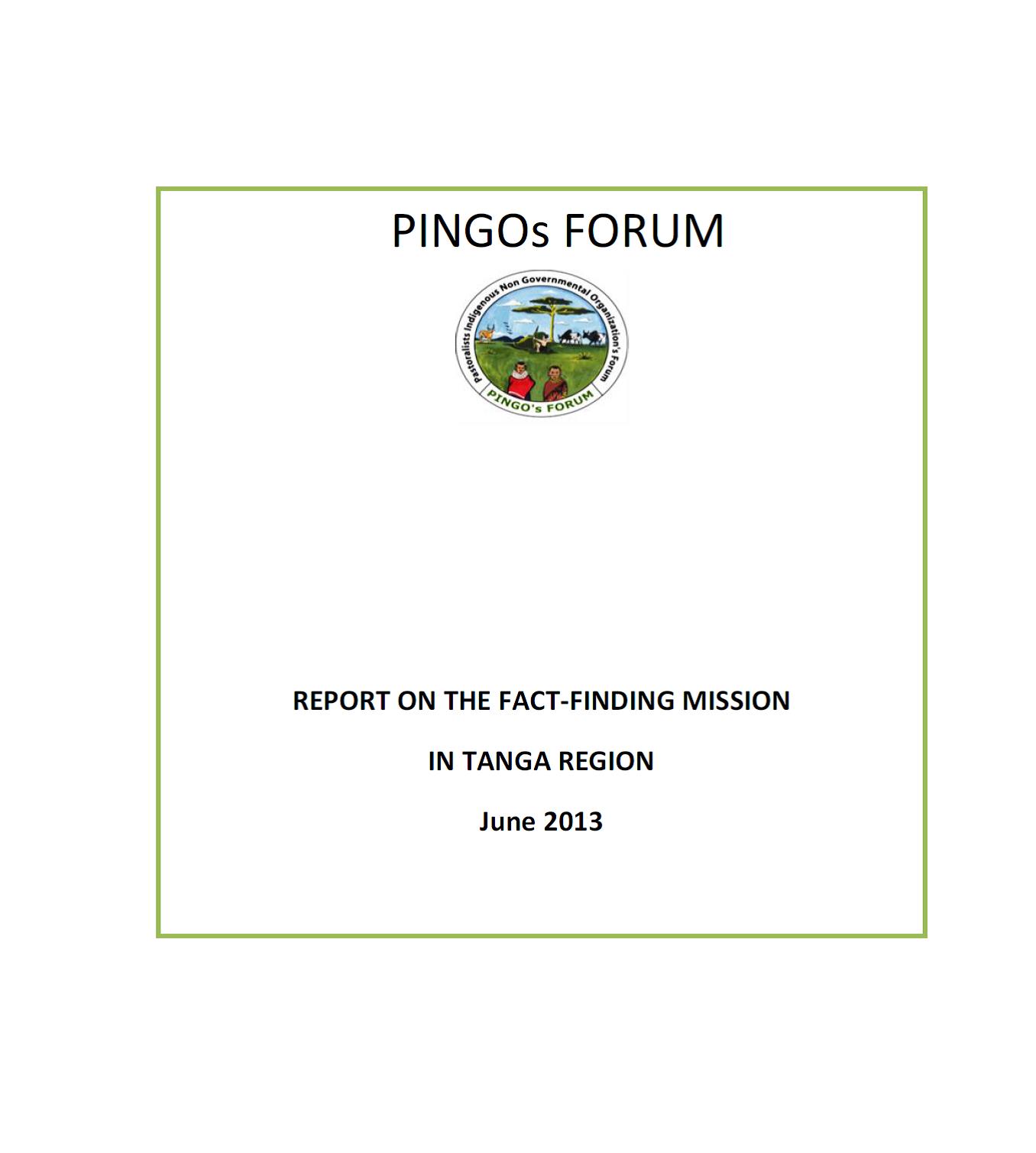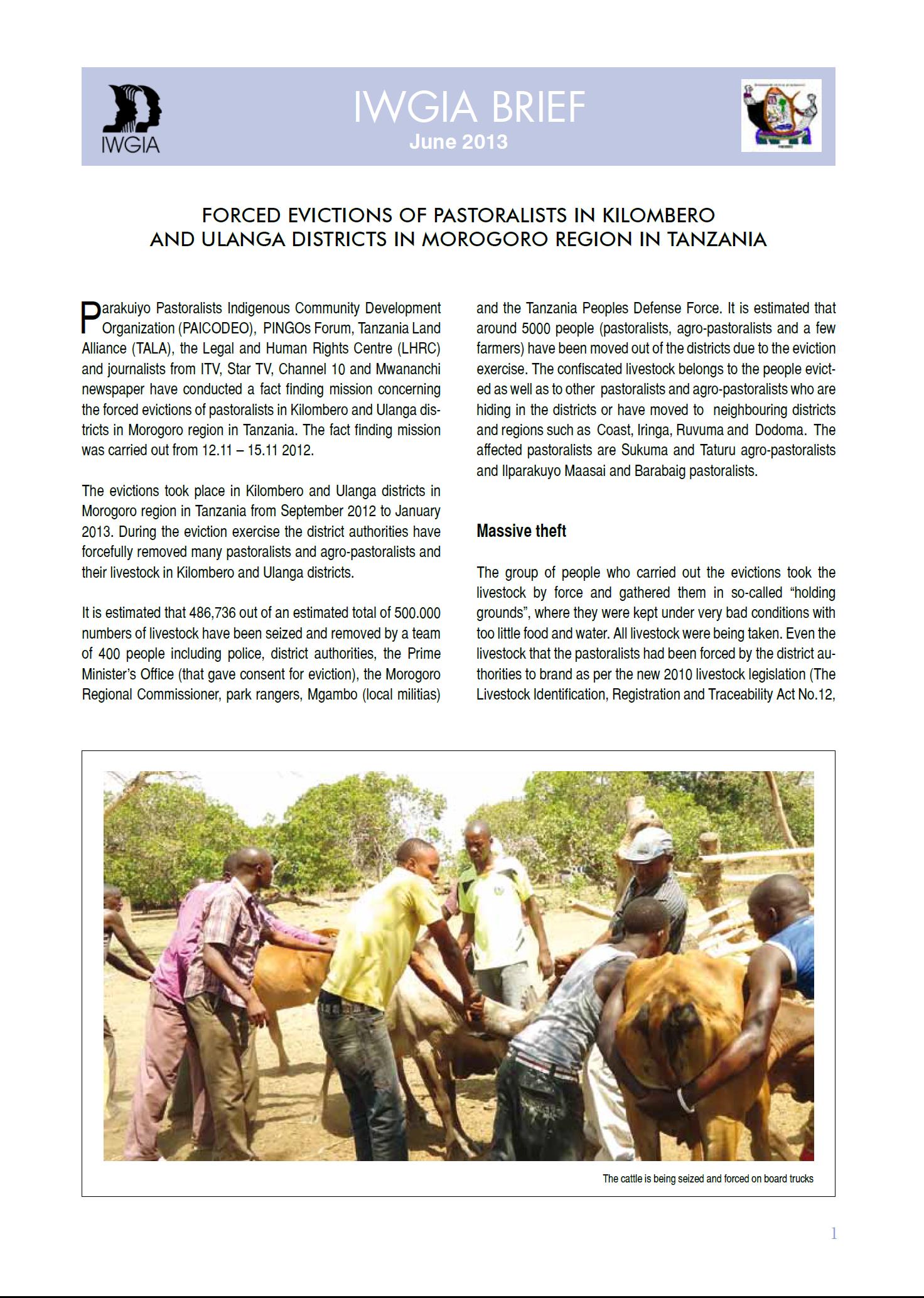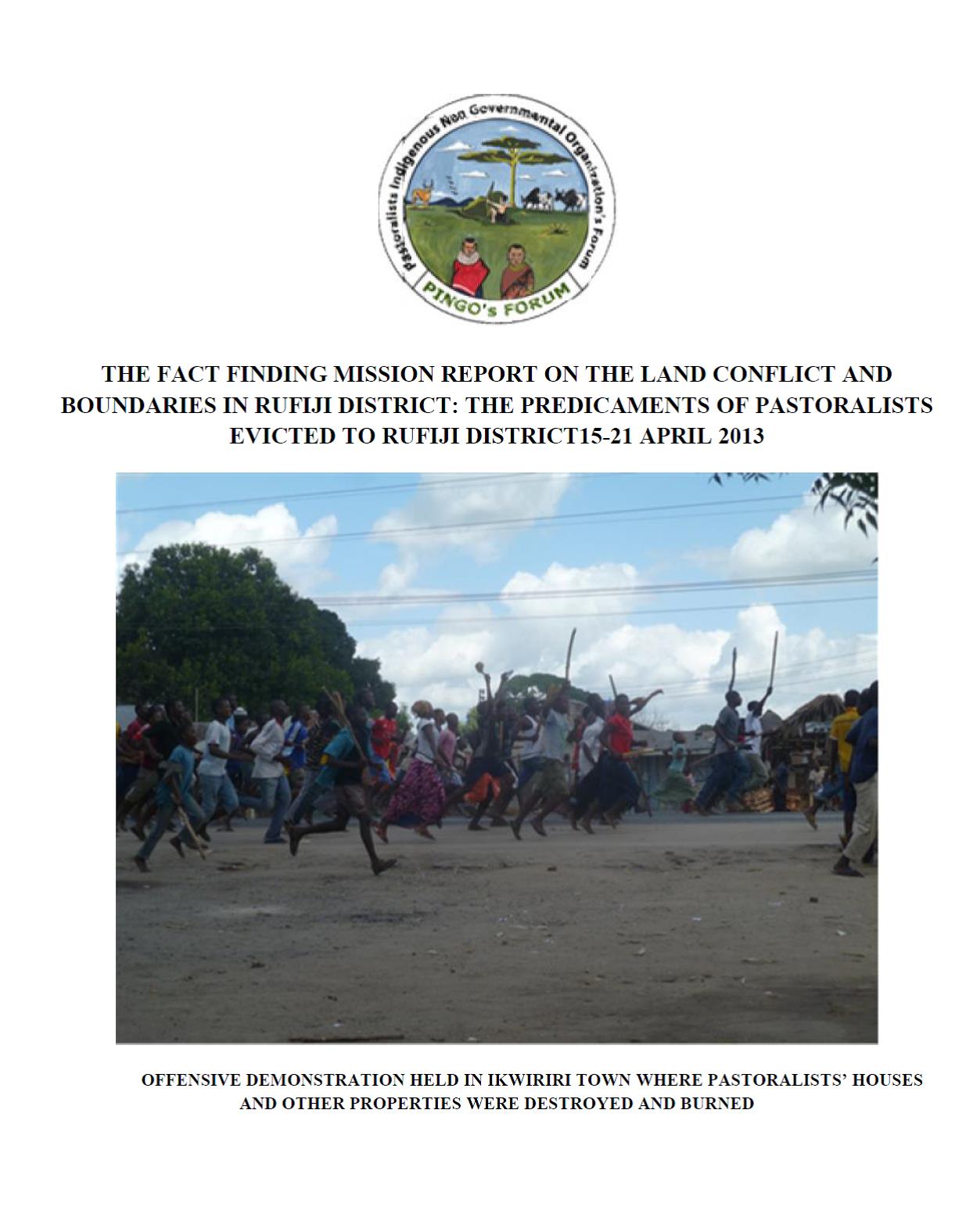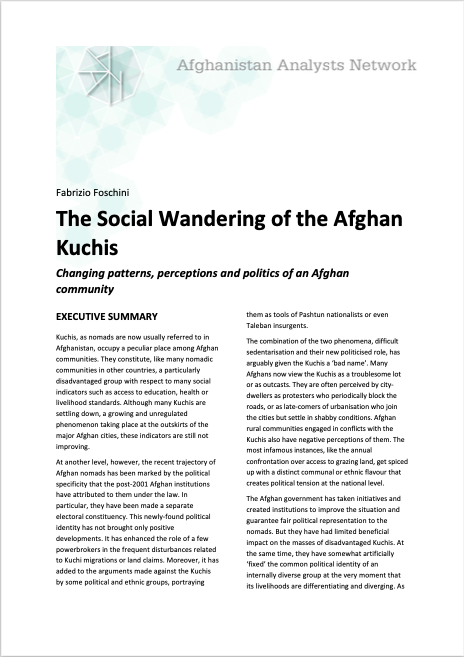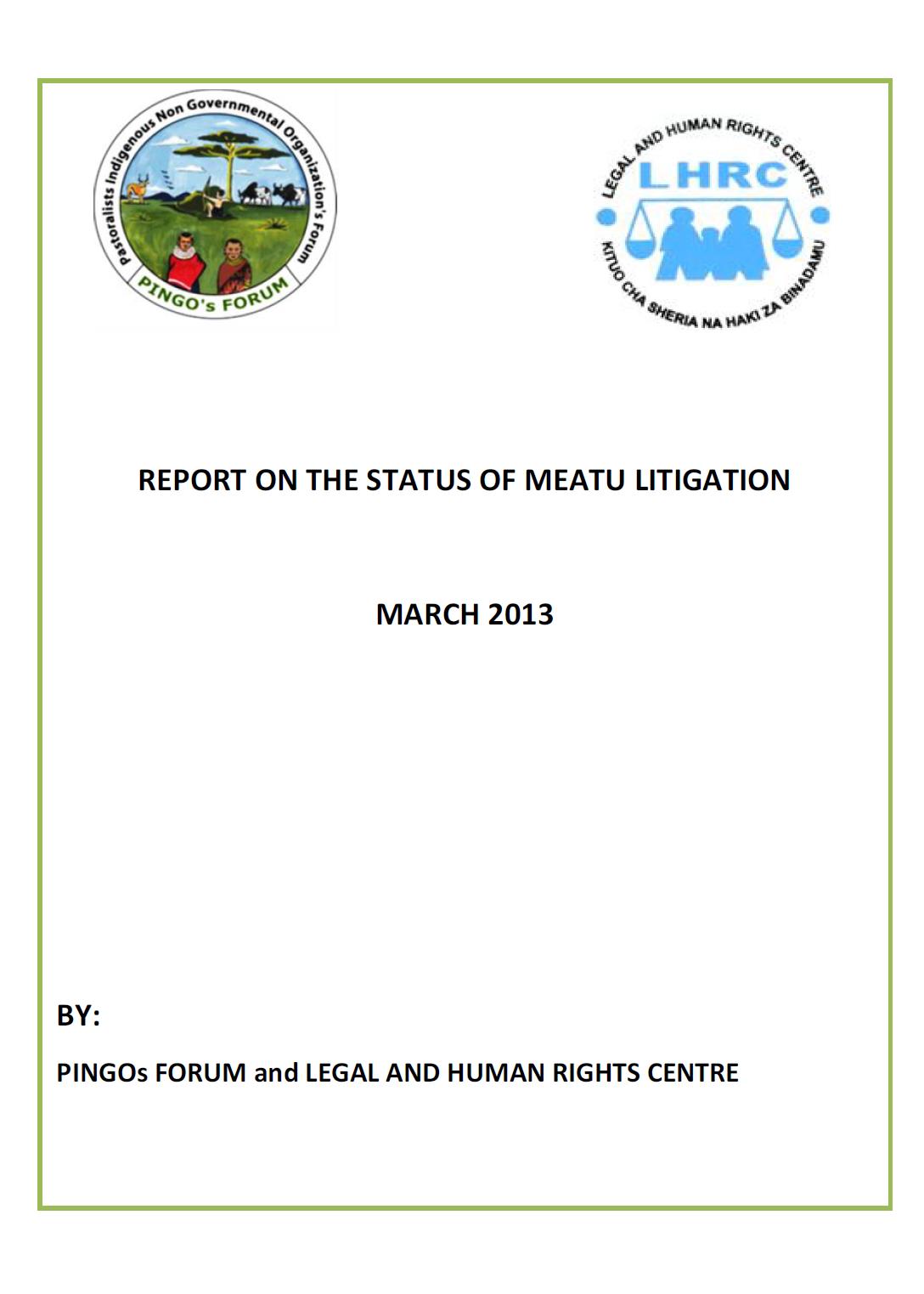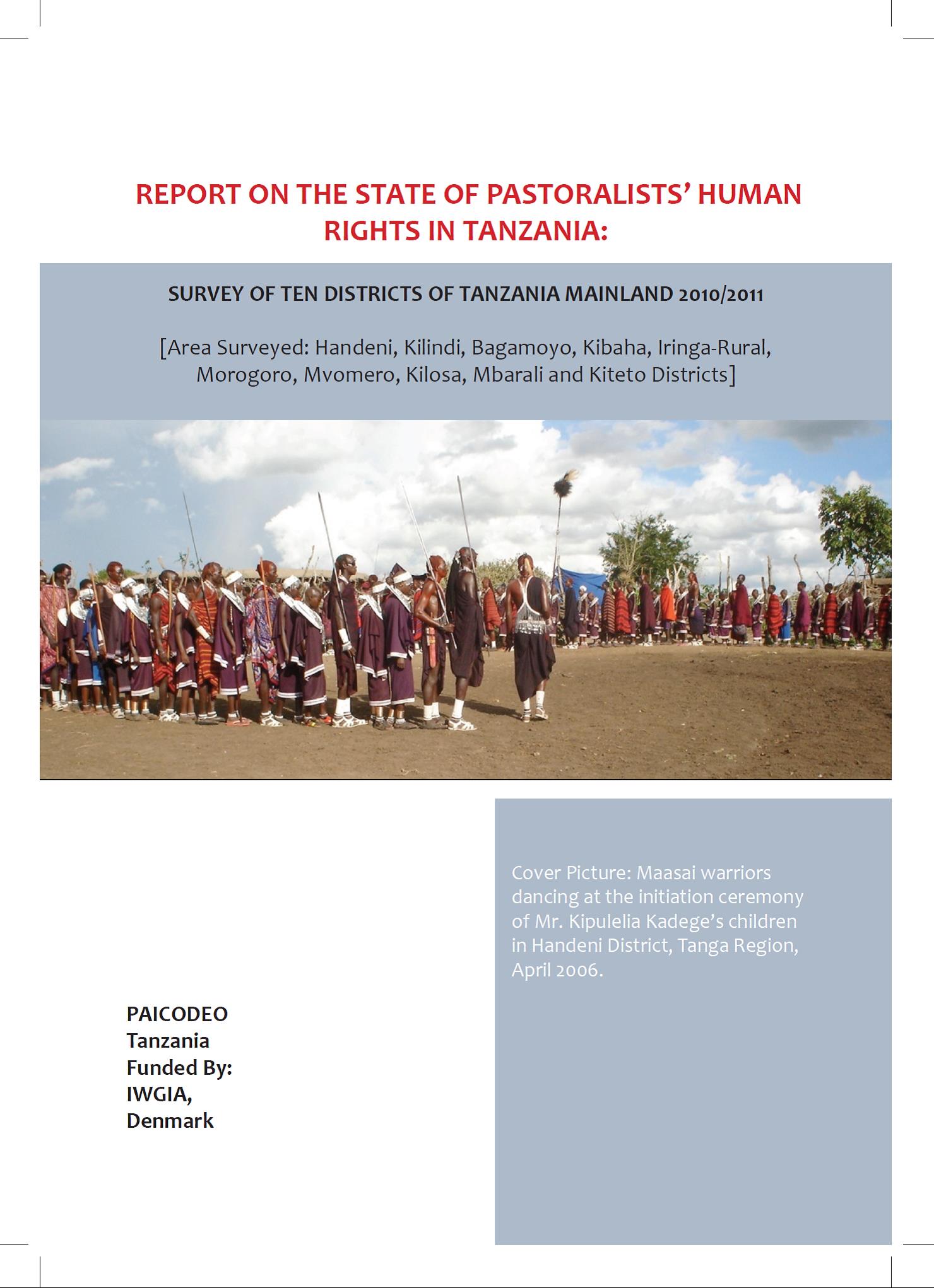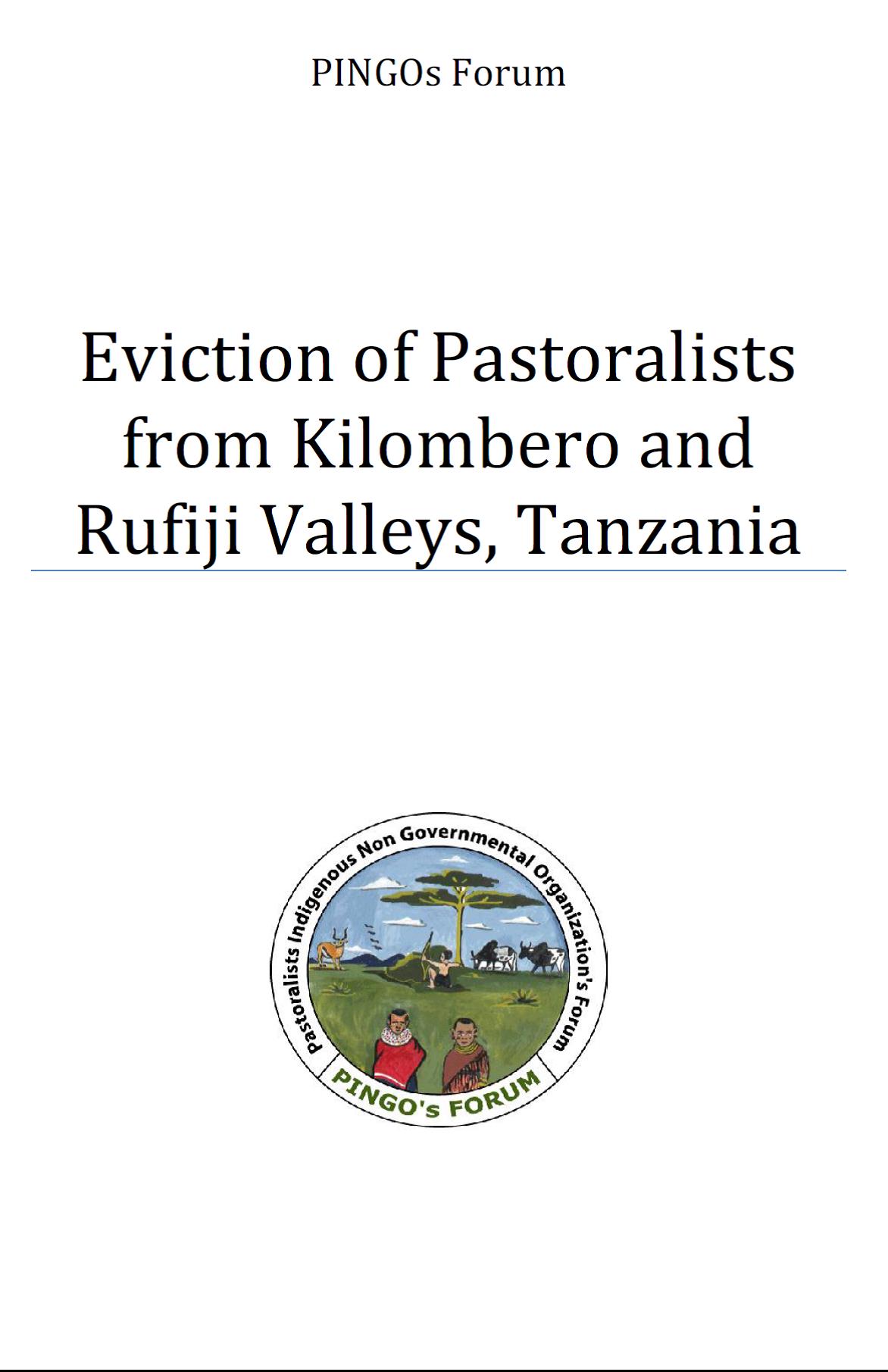National Agriculture Policy
The NAP 2013 aims at addressing challenges that continue to hinder the development of the agricultural sector; these include low productivity; over dependence on rain-fed agriculture; inadequate agriculture support services; poor infrastructure; weak agro-industries; low quality of agricultural produce; inadequate participation of the country’s private sector in agriculture; environmental degradation and crop pests and diseases.


